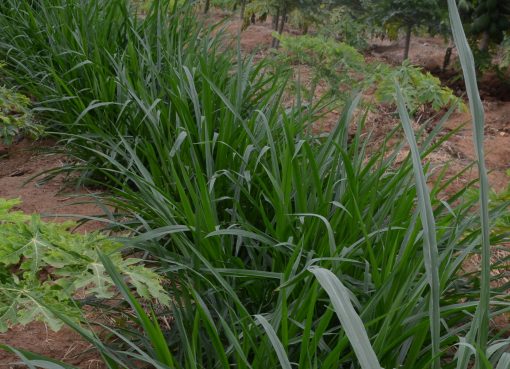The government on Thursday released the new potato regulations 2019 after being gazetted in early April and passed by the National Assembly in the first week of May 2019.
The government has for the last five years been trying to come up with regulations as the lack of law has been an
impediment to farmers’ economic growth.
Speaking on Friday during the launch of the regulations at the Kenya Agricultural Livestock Research Organisation (KALRO), the Agriculture Cabinet Secretary (CS), Mwangi Kiunjuri said potato farmers as well as consumers had been exploited for a very long time.
“We have brought order in the industry and for the first time a farmer can be able to predict after harvest how much one can earn. They are assured that the brokers will not come in to take their potato without knowing how much they have taken,” he said.
The CS decried the tendency of middle men who have been purchasing potatoes with bags that carry almost 150 kgs terming it a thin of the past as through regulations, farmers will now be selling their potatoes on a 50 kgs bag which must be sealed.
“This is a major milestone towards revitalising and ensuring our potato farmers are completely liberated and a broker can longer come in and exploit them,” he said
Kiunjuri added that it was not only packaging that the government was addressing but has also a rounded and well grounded regulations that are coming up such as how grading will be done, access to market, transportation and also which type of bag that the farmers are going to use.
He noted that unscrupulous traders who have been also taking advantage of consumers when purchasing potatoes and packaging them in containers that are craftily half empty will no longer have a field day as the regulations are coming in to protect the farmer versus consumer transactions since the potatoes will now be sold in Kilogrames and not containers.
According to the regulations, the implementation will address challenges raised in the past that include curbing
malpractices associated with the use of extended bags, the maximum weight per unit package shall be 50Kgs with quality assurance in marketing and also Licensing of actors in the potato value chain.
Kiunjuri confirmed that the Warehousing Receipt System Bill, 2018 that provides the required legal framework and addresses marketing challenges associated with the cereals and grains subsectors is in parliament at the senate level.
“With the approval, it will now become an act of Parliament whereby we will respond to it. But most important is not whether we shall have the law, but whether we can facilitate that law,” he said.
He called upon governors, County Members of Assembly (MCAs) and also private sector to support the potato growing regions to embrace and support the implementation of these Regulations especially on the issue of storage facilities for the produce and also through the selling by the 50kgs bags.
“It is not the business of government to do business but to facilitate the farmers because it is a heavy investment. We have to demonstrate to the private sector that the venture in storage can make money and farmers to understand that if they can be able to hold their commodities in the storage facilities they can make more profits out of the same commodity,” Kiunjuri said
The CS noted that the government was expanding production capacity of both KALRO and ADC laboratories, increasing the land under irrigation for potato production, and sensitizing farmers to scale-up the use of certified potato seeds.
The move, Kiunjuri said, will be accompanied by other value chain support services and infrastructural development such as cold rooms and aggregation centres.
Kiunjuri confirmed that the government will begin process of distribution of seeds to farmers starting Monday May 27.
Last week the CS had said the government will start distributing more than 6 million high quality seedlings to farmers across the country.
“From Wednesday each farmer will receive five seedlings based on the region and these seeds we will be distributing are for this rainy season and also the short rains of October to November,” he said.
He noted that if farmers could successfully plant and have a success rate of 80 percent then, in the next three years the country would experience change of livelihoods in families.
The various seedlings from coconut, cashew nut, macadamia, mango, banana tissue culture, avocado or other seedlings will be distributed based on the region.
This rainy season more than 2.6 million seedlings will be distributed and during the short rains in October, November and December another four million seedlings will be distributed.
The Interim Director General of Agriculture and Food Authority (AFA), Antony Mureithi said as the regulator body, the regulations will bring accelerated growth and development of agriculture, enhance productivity and also incomes of farmers and actors.
The Authority, he added, was in the process of also finalizing a set of regulations covering all the scheduled crops grown in the country.
“These processes that began in 2014 have been laborious, intense, time consuming but very participatory with various actor s involved. The Crops (Irish Potato) Regulations 2019 is a product of this effort,” Mureithi noted.
Potato is the second most important staple crop after maize in the country.
It is increasingly becoming more so, given the level of urbanization and changing consumption patterns.
It also has immense opportunities for value addition and commercialization.
By Wangari Ndirangu



